
Article
How Will the Escalating Trade War Between China and the United States Affect Chinese Citizens?
Ifanr,
2018
Read or listen offline
Amazon Kindle
áudio gerado automaticamente
1×
Faça o Login para ouvir o resumo em áudio.
áudio gerado automaticamente
Recommendation
As the trade frictions between the world’s two largest economies unfold, author Liu Sha of Chinese tech media site Ifanr examines the underlying causes, which, in her opinion, are unrelated to trade. She sums up the implications of the conflict, in particular for Chinese citizens, and assesses the seriousness of the conflict. getAbstract recommends this article to readers interested in the effects of trade war.
Summary
About the Author
Liu Sha, an author at Ifanr, a Chinese multi-media site for the latest international and domestic reports on technology based in Guangzhou, has written numerous articles on topics such as technology, politics and finance.
Learners who read this summary also read
Report
Report
Report








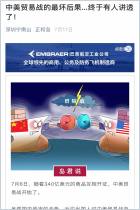
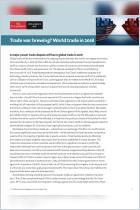
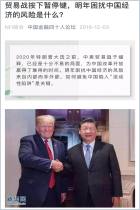
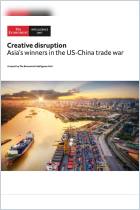
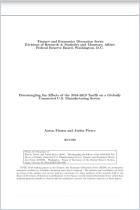
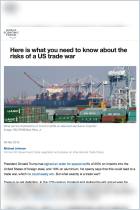





Comment on this summary